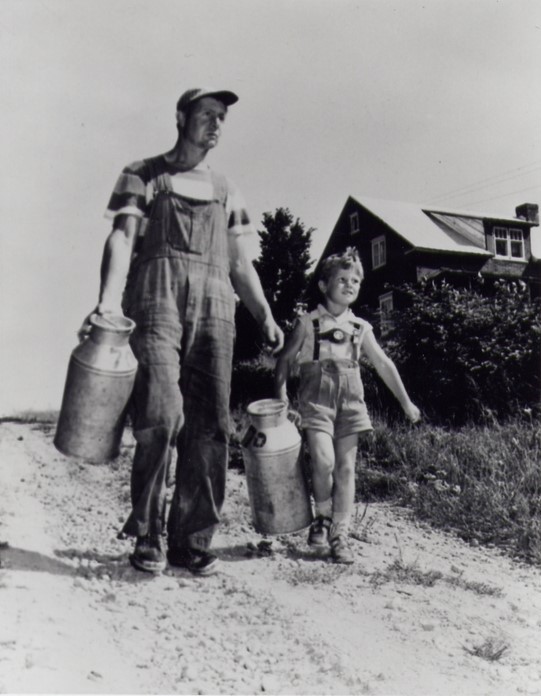
We are delighted to announce that the
Father-and-Son project received a three-year grant from the Social Sciences and Humanities Research Council of Canada (SSHRC), the nation’s preeminent federal funding agency for research in history. Over the coming three years, the so-called Insight Grant will fund about half a dozen undergraduate and graduate research assistants. The researchers will dig into a trove of memoirs, autobiographies, biographies, life writings, and oral histories to find out how German immigrant fathers and their Canadian-born sons experienced family, work, and leisure during the 20th and early 21st centuries.
SSHRC’s Insight Grant program is highly competitive. Its goal “is to build knowledge and understanding about people, societies and the world by supporting research excellence.” The SSHRC assessors described the Father-and-Son project as “innovative,” “exemplary,” and “very much a model for 21st century academic scholarship that will take it out of the hallowed halls and into the public realm, to inform theory, therapeutics, state and institutional policy, and very real families and individuals.” They commended the application for “stand[ing] out due to its originality, scope, cutting-edge conceptualization and its extensive involvement of young scholars.”
“Father and Son” documents the life experiences of German immigrant fathers and their sons in 20th and 21st century English and French Canada. It asks: how did immigrant men experience fatherhood under the pressure of changing economic, social, cultural, and political forces, and how did their Canadian sons experience their relationships with their fathers? The project uses a broad range of oral histories and life writings, and combines auto/biographical research and intersectionality to illuminate Canadian father-son relations in their many forms, from 1900 to the present day.
The project seeks to inform a broader public debate about fatherhood and sonhood, especially in times of crisis. It provides historical orientation and perhaps even reassurance to families in trying times. The researchers invite the public to participate in the creation of knowledge about father-son relations through oral history, making the research material publicly accessible, and by communicating their findings through blog posts and podcasts.
